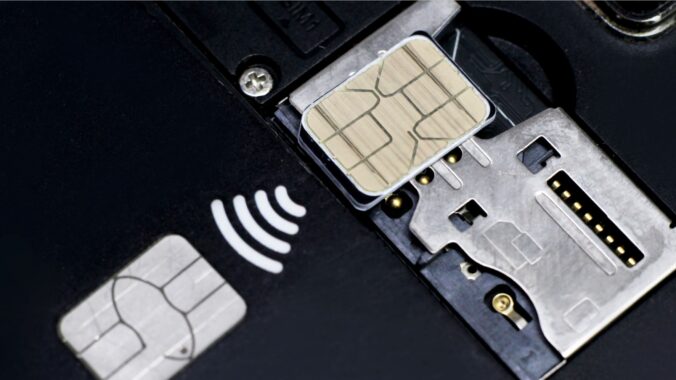Insights from industry experts to help you make an informed decision to deliver the reliable services consumers and businesses expect in 2023.
What exactly is it that Communication Service Providers (CSPs) and OEMs are looking for when considering a 5G service provider?
We’ve consulted several top CSPs and OEMs to find out just that – helping you to make an informed decision to deliver the fast, secure, and reliable services that consumers and businesses expect in 2023.
#1 – Security needs to be front and center
Security needs to be front of mind when it comes to 5G SIM cards.
With the increased speed, data capacity, and reliance on 5G networks, it is more important to prioritize security measures to protect users, systems and data from potential cyber threats.
CSPs and OEMs must thoroughly vet potential 5G SIM card providers and assess their security measures to ensure they are adequate and up-to-date. This includes everything from encryption techniques to authentication protocols to secure key storage methods and overall security architecture.
Top tip: Consider the provider’s track record and reputation in the industry, its approach to security updates, compliance with evolving regulations (security and privacy), recommendations, and standards. Look for a provider with industry certifications for security and data protection.
#2 – Reliability is crucial
Reliability directly affects customer service quality – it ensures customers have a seamless and uninterrupted experience when accessing 5G services.
Just think about it… an unreliable 5G SIM card provider can cause significant downtime and service interruptions, resulting in lost customers, decreased revenue, and damage to the operator’s and vendor’s reputation.
In addition to affecting customer satisfaction, reliability is critical for deploying new 5G use cases, such as the Internet of Things (IoT) and connected devices. These use cases require a robust and secure network to ensure that devices and applications can communicate and interact seamlessly.
#3 – Smooth integration for overall effectiveness
5G SIM cards must be able to integrate with the operator’s existing systems and infrastructure seamlessly. Without proper integration, the deployment of 5G services can be hindered, leading to delays in new revenue flows and additional costs.
And that’s not all.
Integration helps ensure that the 5G network is secure and that data privacy is protected. This is essential for the deployment of sensitive 5G use cases, such as healthcare and financial services.
#4. Consider scalability
As demand for 5G grows, your provider should have the capability to help you scale.
Look for a provider that can support your growth plans and accommodate future increases in customer demand. This requires infrastructure, technology, and resources to scale as required.
The provider should also be able to upgrade their solutions as new technology options, such as eSIM and iSIM, become available to ensure that the operator remains at the forefront of the industry.
5G is going global, so you also need a provider with a strong presence in the regions you plan to reach with local support and services where you precisely need them.
Top tip: Scalability needs to be considered in all of these areas:
- Infrastructure
- Technology
- Resources
- Network
- Security
- Geographical reach
- Ability to enhance and upgrade their offer
Interested in hearing more tips? Click here for part two of our advice series.



